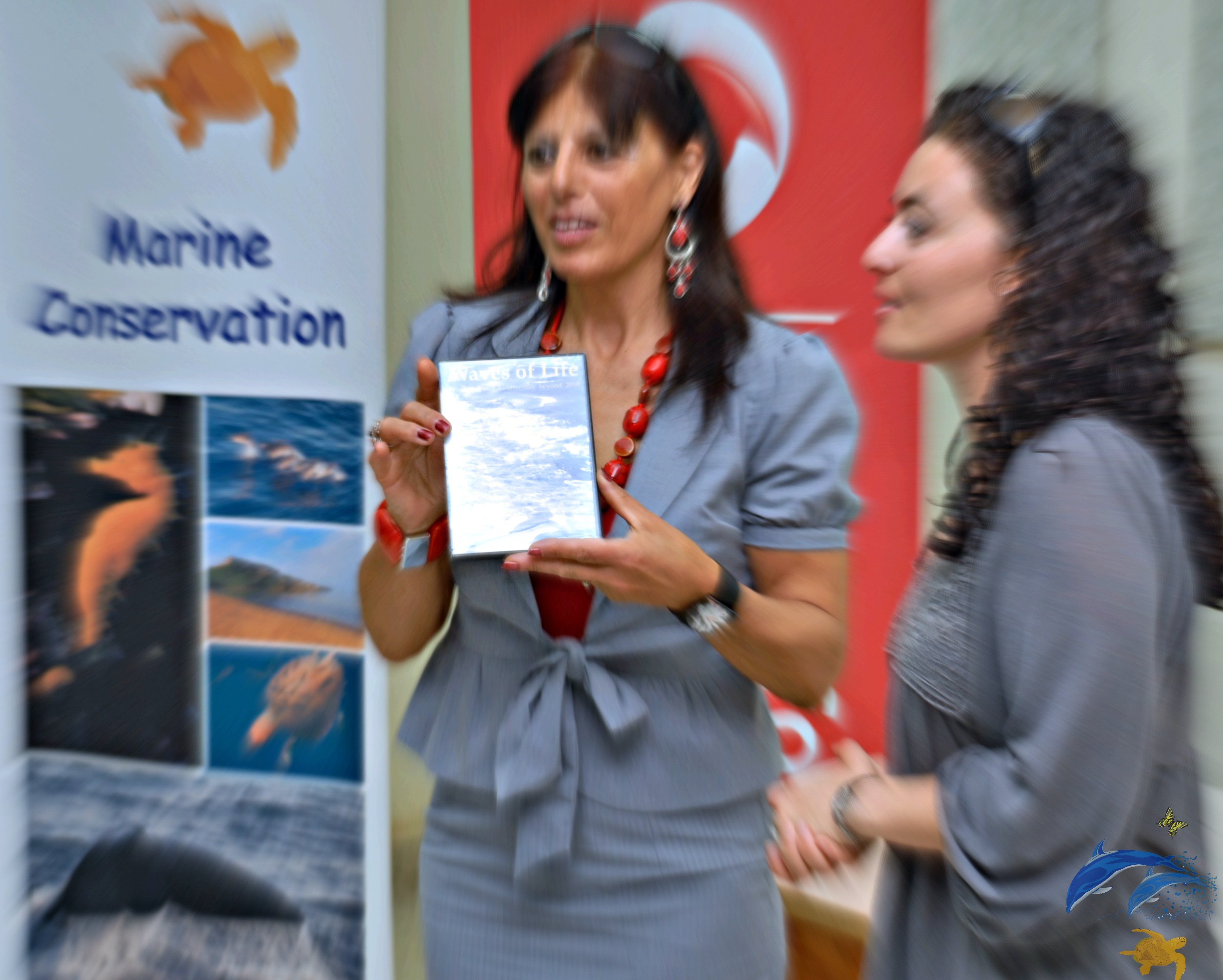19th June 2010 in The Malta Independent
In the year of biodiversity, 2010, it is important to point out that Conservation (Science & Action) depends on dedicated and accurate work for survival of many declining wild populations.
BICREF’s assistance to the long-term Maltese Dolphin and Whale Conservation Research run by the Conservation Biology Researcher, Dr Adriana Vella, Ph.D, from theUniversity of Malta will continue this year too, now in its 14th year running. For this reason, members of the public are encouraged to send in any reports of their sightings to this long-term scientific and conservation effort. BICREF and Dr Vella at the University have received assistance from various entities apart from the general public but warn that as the number of vessels out as sea has been increasing each year with possible repercussions on disturbance of the cetacean populations residing or traversing in our waters, it is essential to keep a good 100m distance from any species encountered. Scientific conservation research demands the respect of protocols which include minimal disturbance to understand natural behaviour and needs of such species.
These  species are also studied to understand the status of our waters as they are high in the food web and decrease in number when the marine conditions deteriorate. The continuation of sustained long-term efforts has been possible with the financial assistance of various entities that believe conservation should be undertaken even for species that are difficult to study. It is such scientific work that has assisted international bodies, such as IUCN, to put the Mediterranean population of the ‘Common dolphin’ (Delphinus delphis) on the IUCN Endangered status list.
species are also studied to understand the status of our waters as they are high in the food web and decrease in number when the marine conditions deteriorate. The continuation of sustained long-term efforts has been possible with the financial assistance of various entities that believe conservation should be undertaken even for species that are difficult to study. It is such scientific work that has assisted international bodies, such as IUCN, to put the Mediterranean population of the ‘Common dolphin’ (Delphinus delphis) on the IUCN Endangered status list.
The award-winning BICREF documentary Waves of Life is also the fruit of such long-term research assistance efforts and has managed to show that our seas need effective conservation measures. BICREF’s year-round assistance to research expeditions around the Maltese Islands allows for various species to be recorded including turtles, sharks and rays and seabirds. This has thus allowed to have a more holistic and accurate picture of marine biodiversity as observable from the surface.
At the same time BICREF is continuing this year, 2010, another long-term effort which was launched in 2000 with the assistance of various Scuba centres. The BICREF Marine Biodiversity project allows the record keeping of various indicator species in our coastal waters where scuba diving or snorkelling is undertaken. These past 10 years have allowed persons to learn more about our coastal waters’ species while contributing to long-term monitoring of biodiversity around our islands.
Both local and foreign volunteers have assisted in this project thus allowing long-term trends to be assessed. For any further information on how to assist these and other conservation projects contact BICREF on bicref@gmail.com


